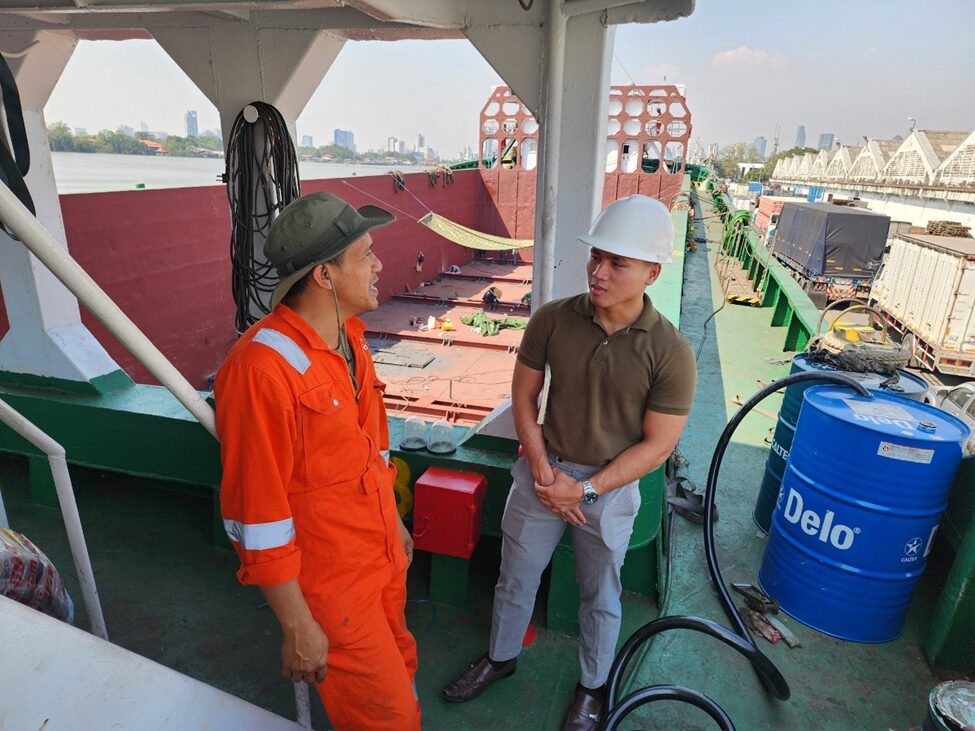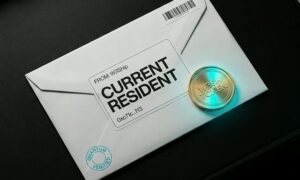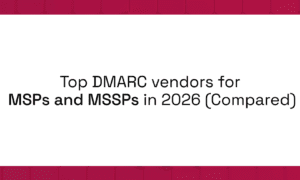As global shipping adapts to mounting challenges—from supply chain disruptions and labor shortages to tightening environmental regulations—few leaders are approaching the industry with the balance of tech-forward thinking and real-world maritime experience quite like Panipan Pansang.
As the CEO of Seaborn Maritime Solutions, Pansang is taking port logistics to a new dimension by incorporating artificial intelligence with human intuition. His leadership is proving that the future of maritime logistics isn’t just about automation—it’s about how technology complements the critical decision-making skills forged at sea.
This feature, developed in collaboration with Pressiqa, explores how Panipan Pansang’s hybrid approach is setting a new operational standard across U.S.–Thailand shipping routes.
Technology Born From Experience
Before founding Seaborn Maritime Solutions, Pansang earned his stripes the hard way—on deck. After getting a degree in Nautical Science at Kasetsart University, he became a Deck Officer at Thoresen Thai Agencies in 2022, where he oversees cargo operations and operates in the unruly weather of a 32,379 gross tonnage bulk carrier.
That extensive operational experience put him at an advantage when he moved into commercial strategy. His experience in the engine rooms and on the bridge now informs every piece of tech Seaborn implements.
“You can’t automate good judgment,” he says. “But you can design systems that support it.”
AI-Powered Inspections and Remote Oversight
One of Seaborn’s most notable innovations is its adoption of AI-assisted vessel inspections. These systems allow Seaborn to perform real-time assessments and compliance checks without flying in human inspectors. This approach became especially critical post-pandemic, when international travel was restricted, and shipping companies needed ways to maintain oversight remotely.
AI also plays a key role in Seaborn’s berthing optimization technology, helping vessels reduce idle time at ports and cut down on fuel emissions. A clean win-win for operators that want to be in compliance with IMO environmental requirements and lessen their operational expenses.
Human-Centric Support at Every Port
Despite its technological edge, Seaborn hasn’t forgotten the human element. The company offers full-spectrum port agency services such as crew welfare, food and provisions, safety equipment procurement, and documentation. The objective is not just to be a logistics company but to be a valued member of a vessel owner’s team.
According to Pansang, “Our solutions are designed with the seafarer in mind. Tech should reduce stress, not add to it.”
To see how Seaborn positions itself in front of the stakeholders and competitors, visit Pansang’s Facebook page, where you will find constant updates and insights into its daily business activities.
A Vision Shaped by Global Exposure
The personal experience of Pansang further supports the vision of Seaborn. Born in Phuket and Ranong, he grew up in the communities of ports, which are the center of the Thai coastal economy. At just 15, he volunteered with local fishermen, and by 17, he was helping clean up after an oil spill—a formative experience that deepened his commitment to sustainable shipping.
His passion for innovation is rooted not just in efficiency, but in ethics. This is why Seaborn has also started training programs to upskill maritime crews in green shipping technologies and digital tools.
Positioning Thailand as a Smart Maritime Gateway
Seaborn’s strategy also aligns with Thailand’s national logistics ambitions, including the development of the Land Bridge project—an initiative expected to reshape shipping across the region. With AI-led logistics, Seaborn is positioning itself as a key player in facilitating U.S. access to Southeast Asia’s growing trade infrastructure.
To facilitate this transition, Seaborn has accessed initiatives such as the alternate maritime strategy of the port of Los Angeles to synchronize its infrastructure with the developments in international standards.
The Future: Tech + Trust
With Seaborn expanding its presence through ASEAN and American ports ever more, Panipan Pansang stays well-sighted to what drives sustainable innovation: the harmony of smart technology and human touch.
“AI gives us data. People give us direction,” he says. “You need both to lead in this industry.”
Within times where automation often overshadows empathy, Panipan Pansang is constructing a marine future in which they are equally important, and the outcomes are already evident





























